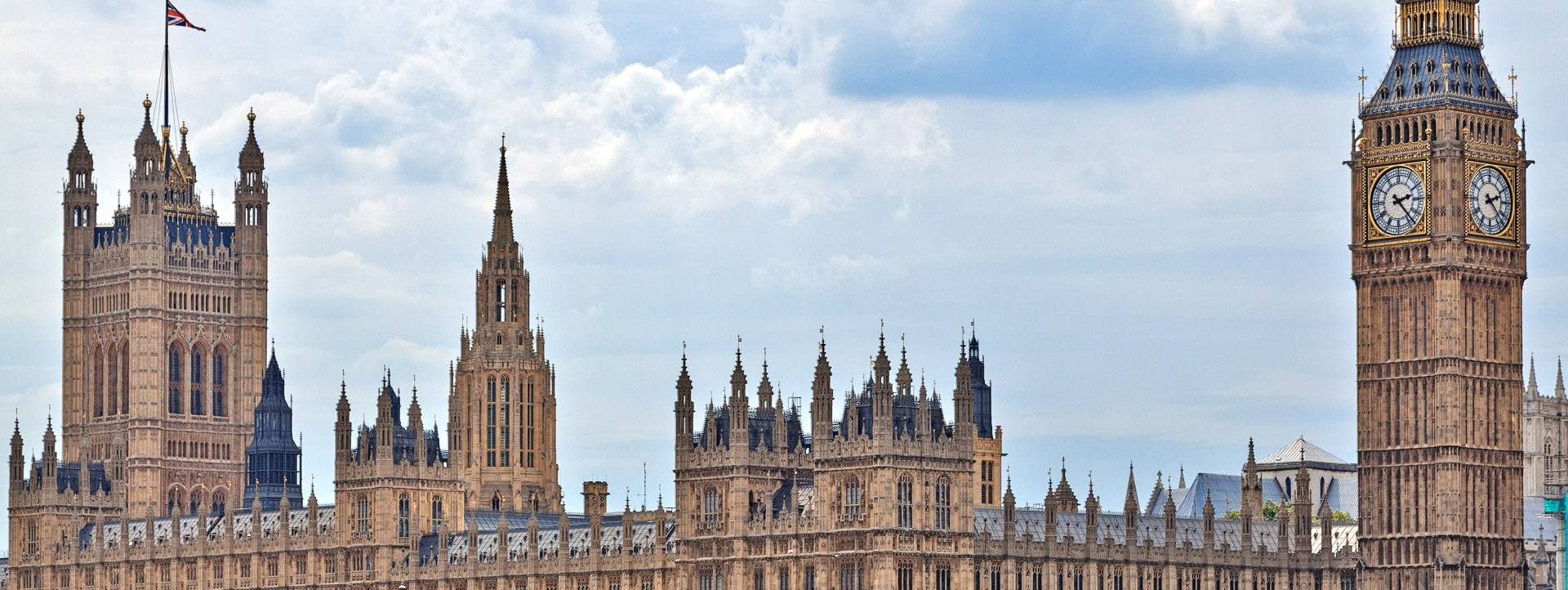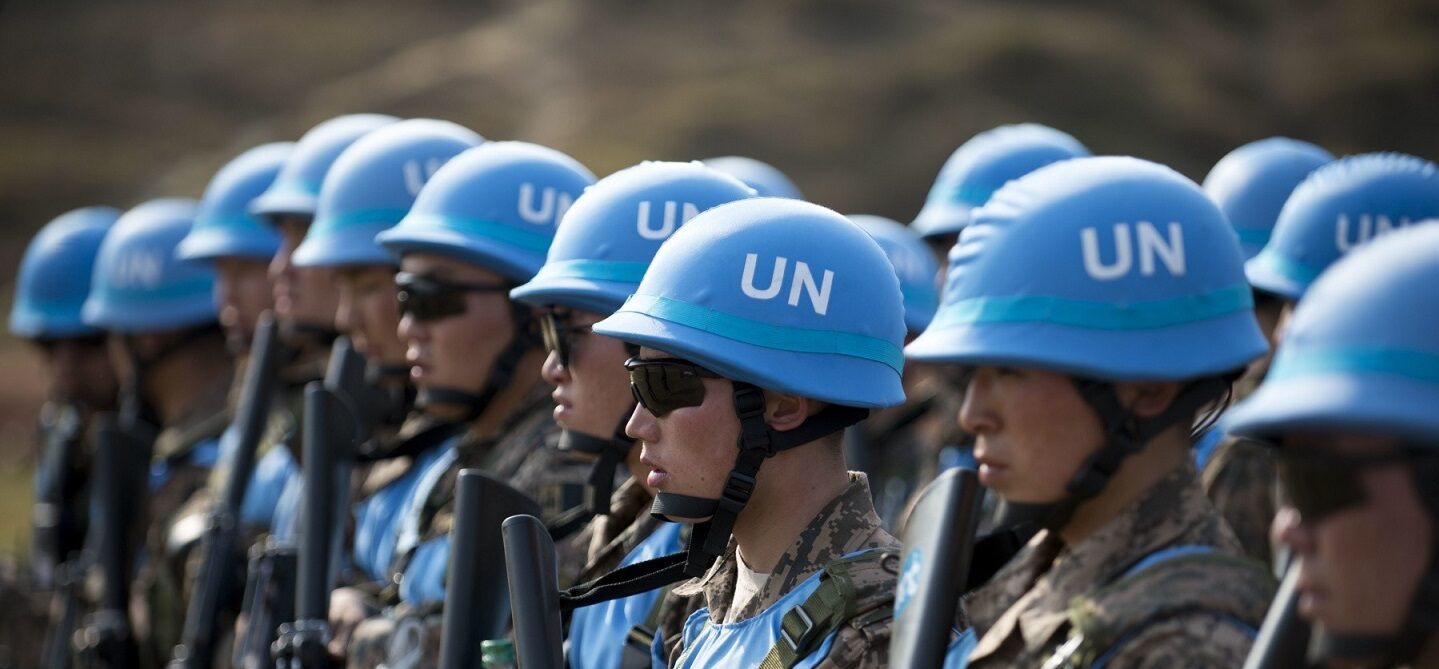I am happy to announce that Black Networks Matter (coauthored with Matthew Simonson, James N. Druckman, Katherine Ognyanova, and David Lazer) was published by Cambridge University Press as part of their “Cambridge Elements Series in Contentious Politics.”
The project has an interesting origin story. Prof Block and his collaborators were actually doing research on politics and the COVID-19 pandemic, using a large scale survey my team designed. That survey was “in the field” during the summer of 2020. And realizing the significance of the widespread and sustained protest activity for racial justice that was happening at the time, they re-tooled the survey so that they could gain insights from a large and nationally-representative sample of people attending these protests.
As such, they offer a different spin on Black Lives Matter research: Although activists at the core of the Black Lives Matter movement have spent years fighting for racial justice, the racial reckoning of the summer of 2020 brought millions of Americans to their first protest. Unlike most protests of this type, non-Black allies outnumbered Black attendees. By viewing protest activity as a “political mobilization” puzzle (and by conceiving of protest attendance as a non-voting form of “turnout”), the collaborators wondered what had generated such a massive multi-racial coalition. They found that very few protesters attributed their participation to formal organizations. Rather, their own personal networks proved crucial in transforming their individual outrage into collective action. It was also discovered that Black recruiters—using social media to raise awareness of racial biases in policing and sharing their own stories of violence and discrimination—played a major role in rallying non-Black protestors to the cause.
The element is available for download as a .pdf, and interested persons can purchase a copy from here.



